Ramadan Builds a Castle: How to Keep it Standing?
If Allah grants us the opportunity to witness Ramadan, it is a profound manifestation of His mercy—an expression of His names Ar-Rahman and Ar-Raheem. Even the smallest acts are rewarded in immeasurable ways.
It is said:
Ramadan is like an ocean:
Some merely gaze at its surface,
Some wash their faces in its waves,
Some sail across it,
And some dive deep to retrieve its pearls.
Our journey through Ramadan is determined by our efforts—whether they are exceptional, average, or minimal. Regardless, we place our trust in Allah’s acceptance.
What Comes After Ramadan?
Ramadan builds a fortress of faith—will we allow Shawwal to tear it down?
Ramadan proves that with determination, we can grow, improve, and resist temptations. It refines our worship, polishes our character, and distances us from wrongdoing.
Shawwal marks the beginning of the journey to uphold these virtues. Compared to last year, we can:
- Add new acts of worship,
- Work on eliminating a bad habit,
- Stay away from harmful addictions.
Two Key Takeaways:
- Consistency: The Prophet ﷺ said: "The most beloved deeds to Allah are those that are consistent, even if they are small."
(Narrated by al-Bukhari and Muslim) - Companionship Matters: The Prophet ﷺ said: "A person follows the religion of his close friend, so let each of you look at whom he takes as a friend."
(Narrated by Abu Dawood and al-Tirmidhi)
In today's world, our "friends" include our social media subscriptions and online communities. We must be selective about the content and influences we allow into our lives.
Having Ramadan in our lives is a blessing and a spiritual head start—the true value of which will be realized when our deeds are weighed in the Hereafter. May Allah preserve us with iman and ‘afiyah for many more Ramadans and forgive our shortcomings.
Eid Mubarak!
[Dr. Sayyed Mohamed Muhsin is an Assistant Professor of Islamic Jurisprudence at the International Islamic University Malaysia (IIUM) in Kuala Lumpur. He also serves as the Editor-in-Chief of Islamonweb-English and leads the Medico-Fiqh Institute project.]
Disclaimer
The views expressed in this article are the author’s own and do not necessarily mirror Islamonweb’s editorial stance.

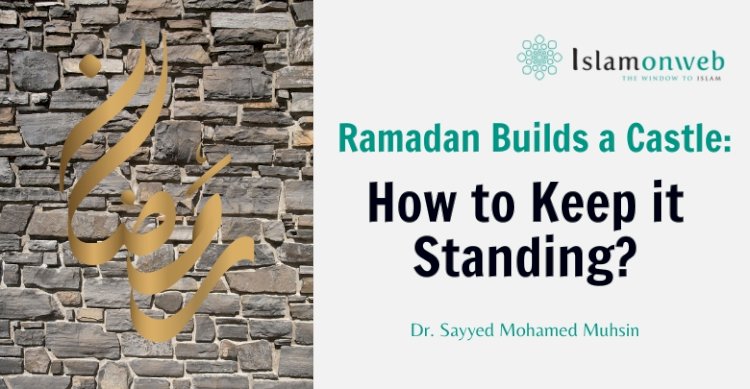


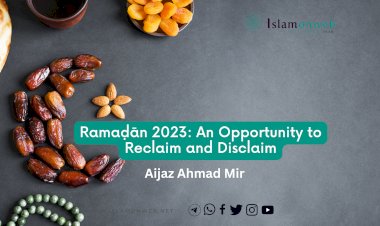
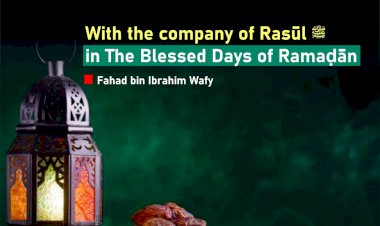


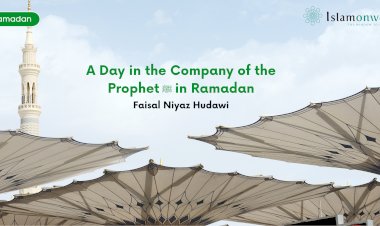
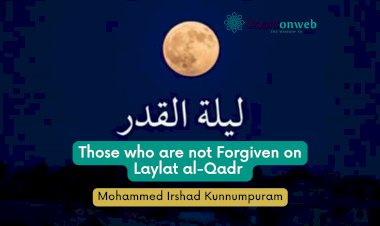














Leave A Comment